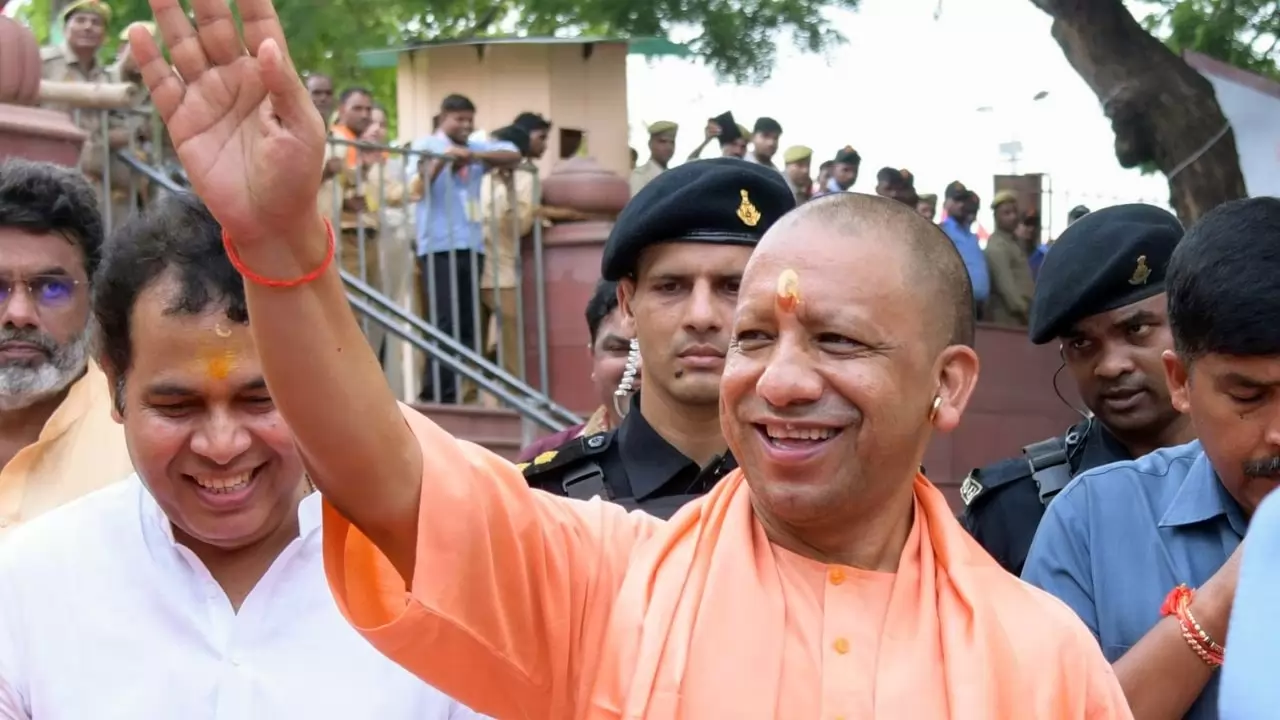
The new policy includes stringent measures against the dissemination of 'anti-national' content. (ANI)
New Delhi: The Uttar Pradesh government, under the leadership of Chief Minister Yogi Adityanath, has introduced a groundbreaking social media policy aimed at regulating content on popular platforms like Facebook, Instagram, YouTube, and X (formerly Twitter). In addition to imposing stricter regulations, the Uttar Pradesh Digital Media Policy, 2024, also incentivizes social media influencers to promote state government programs. This policy, drafted by the state's information department, received approval from the state cabinet earlier this week.
The new policy includes stringent measures against the dissemination of 'anti-national' content. Those found guilty of posting such material could face severe penalties, including imprisonment ranging from three years to life. Moreover, individuals who post obscene or defamatory content online may be subject to criminal defamation charges initiated by the government. Following the cabinet meeting on Tuesday, Minister Sanjay Nishad remarked, "Today, a policy has been formulated for social media, including platforms like Instagram. These platforms will now be regulated, and they will also be eligible for advertisements. Several policies have been established..."
One of the most notable aspects of the policy is its provision for rewarding social media influencers. The government has appointed a digital agency called 'V-Form' to manage the advertising strategy. V-Form will oversee the distribution of promotional videos, tweets, posts, and reels. Influencers, agencies, and companies will be categorized into four tiers based on their number of subscribers or followers.
According to the policy, influencers will be compensated for creating content that highlights the welfare schemes and accomplishments of the state government. Influencers on X, Facebook, and Instagram will be eligible to earn up to ₹5 lakh, ₹4 lakh, and ₹3 lakh per month, respectively.
YouTube content creators will have different payment caps depending on the type of content they produce. Those who create YouTube videos could earn up to ₹8 lakh per month, while creators of short films, podcasts, and other media can receive up to ₹7 lakh, ₹6 lakh, and ₹4 lakh, respectively.





Copyright © 2026 Top Indian News
